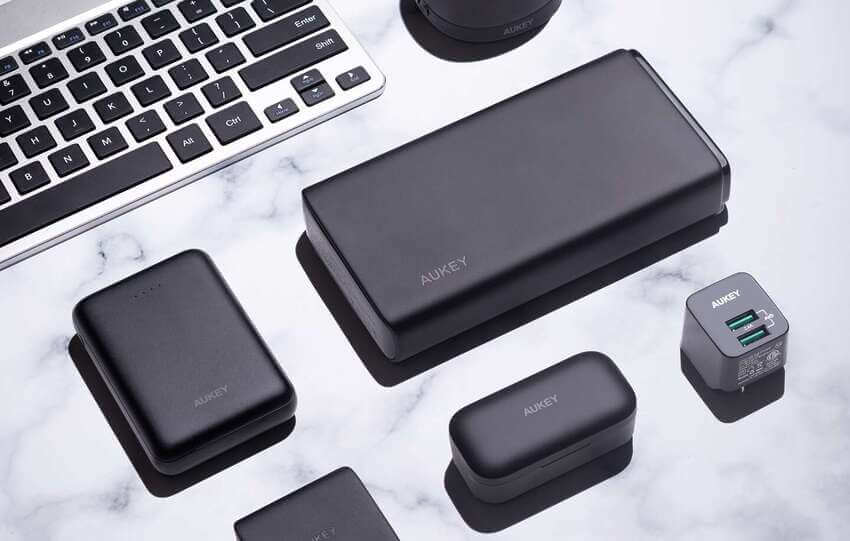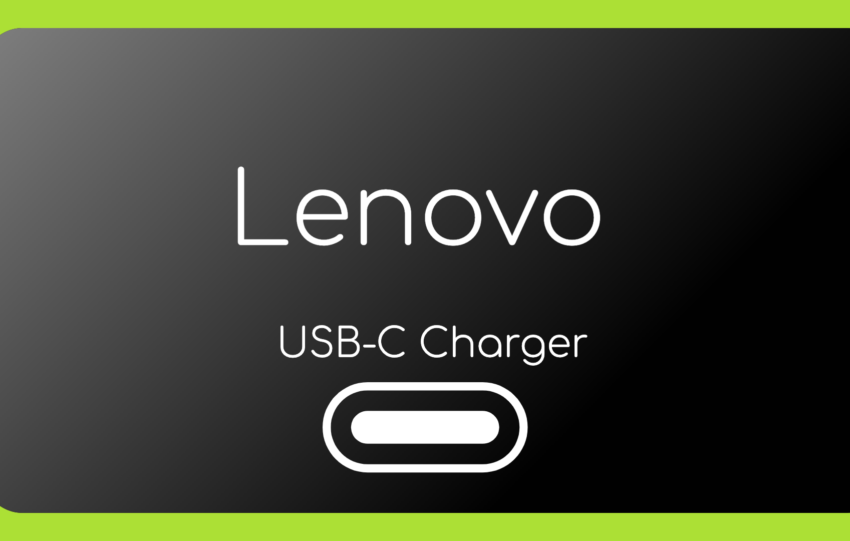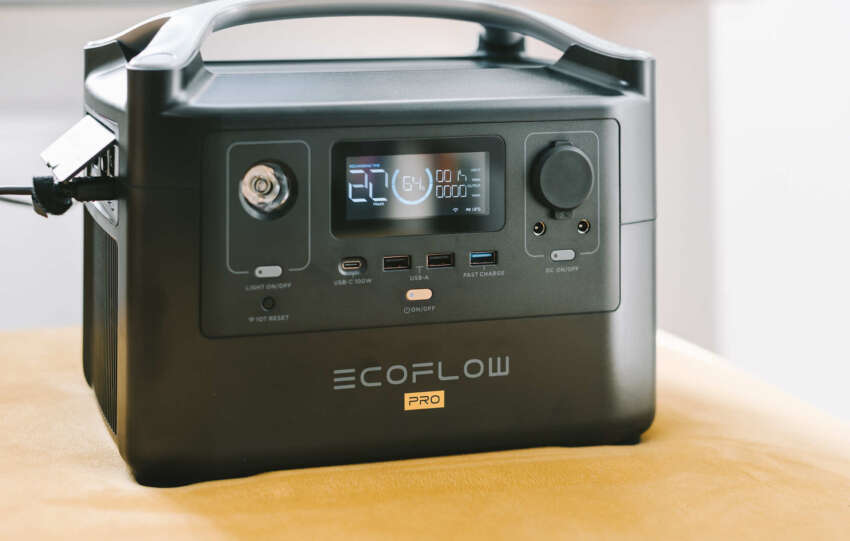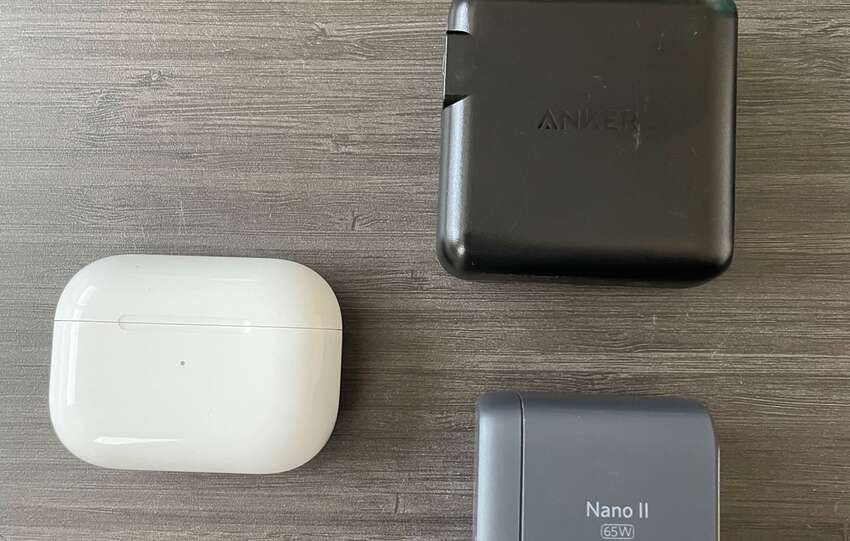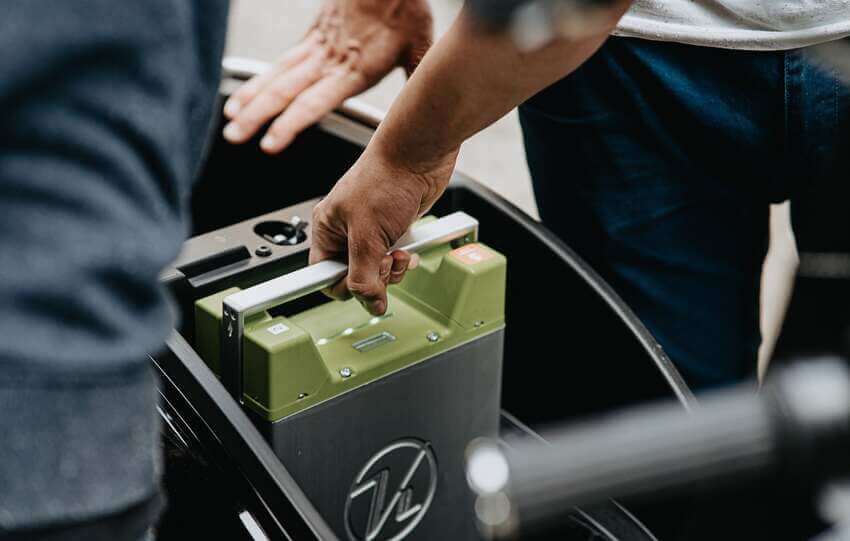Share This Article
Looking to add value to your home with solar panels? Solar panels can help increase your home’s value while also saving you money on your energy bills. Find out more about how solar panels can add value to your home.
what are the benefits of solar panels?
Solar panels are an increasingly popular home improvement, promising to lower your energy bills by generating electricity from the sun.
They can be used to power anything in your home that runs on electricity, from lights and appliances to your TV and computer. solar panels can even be connected to the grid, so you can sell any excess electricity you generate back to your energy supplier.
Installing solar panels can also help to reduce your carbon footprint and may even increase the value of your home.
do solar panels add value to your home?
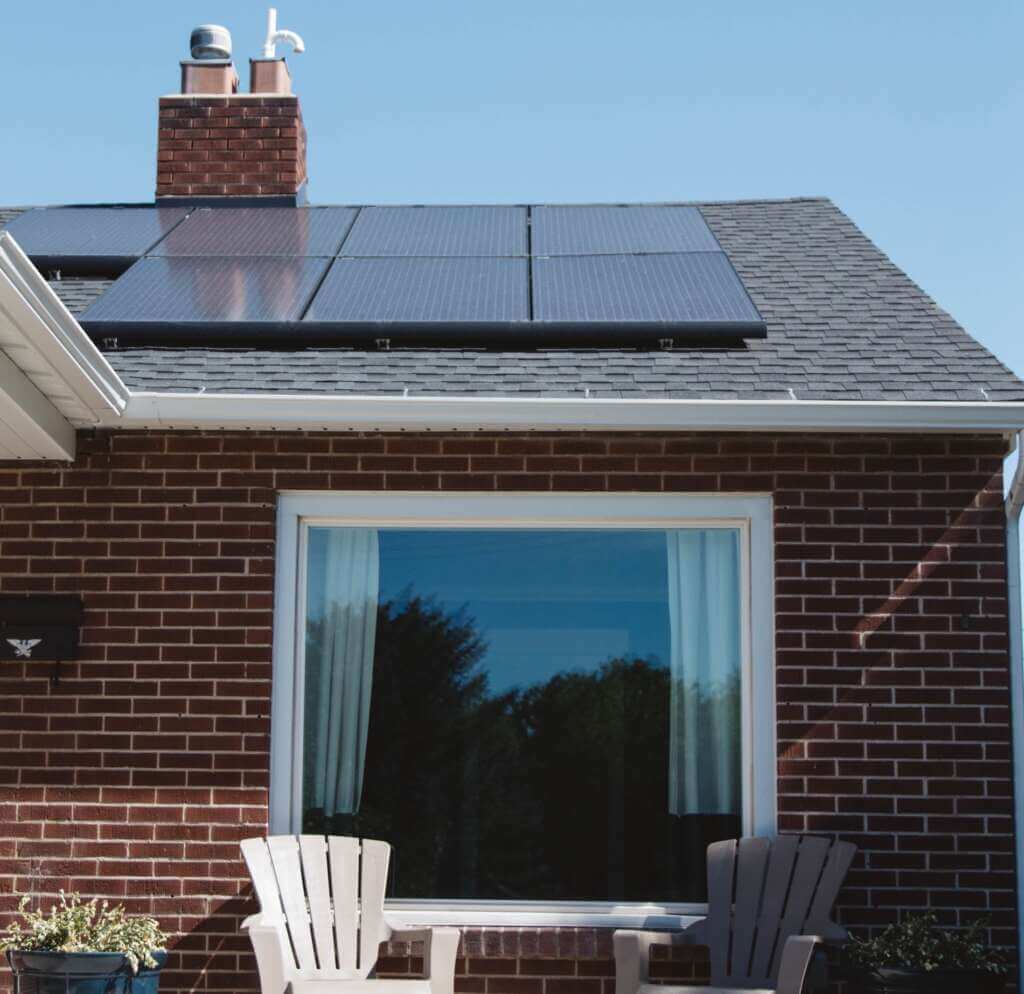
Solar panels are a great way to reduce your carbon footprint and save on your energy bill. Many homeowners are interested in solar panels because they want to do their part to help the environment. Solar panels can also add value to your home.
how much value do solar panels add to your home?
Solar panels are becoming increasingly popular as a way to save money on energy bills and help the environment. But how much do they really add to the value of your home?
The answer depends on a number of factors, including the type of property, the location, the size of the solar panel system, and the current market conditions. In general, however, solar panels can add between 4% and 6% to the value of a home. This means that if your home is worth $200,000, solar panels could increase its value by up to $12,000.
There are a number of reasons why solar panels can add value to your home. For one thing, they can reduce your energy costs. This can be a significant selling point for potential buyers who are looking for ways to save money. Solar panels can also make your home more attractive to environmentally-conscious buyers. And in some areas, there may be government incentives that make solar panels even more valuable.
If you’re thinking about installing solar panels, it’s important to do your research and talk to a qualified real estate agent or appraiser to get an accurate estimate of how much they could add to the value of your home.
what are the factors that affect solar panel value?
The installation of solar panels can increase the value of your home, but there are a few factors that affect how much they will actually add. The most important factor is the market in your area. In some markets, solar homes sell at a premium, while in others they don’t sell for more than non-solar homes.
Other factors that affect the value of solar panels include the size of your system, the age of your solar panels, and the type of system you have. Solar water heating systems tend to add more value to your home than photovoltaic systems.
If you’re thinking about installing solar panels, it’s a good idea to talk to a real estate agent or home appraiser to get an idea of how much they would increase the value of your home.
how to choose the right solar panel for your home?
Solar panels are a great way to reduce your carbon footprint and save money on your energy bill. But with so many solar panels on the market, how do you know which one is right for your home? In this article, we’ll give you some tips on how to choose the right solar panel for your home.
what are the different types of solar panels?
Solar panels are classified according to their capabilities and usage. There are three main types of solar panels, which are distinguished by the materials they are made of:
1) Monocrystalline silicon solar panels:
Monocrystalline silicon solar panels are made of a single crystal of silicon. They have the highest efficiency rates of all types of solar panels, meaning they can convert more sunlight into electricity. They also have the longest lifespan, making them a good choice for long-term investments. However, they are also the most expensive type of solar panel.
2) Polycrystalline silicon solar panels:
Polycrystalline silicon solar panels are made of multiple crystals of silicon. They have lower efficiency rates than monocrystalline panels, but they are also cheaper to produce. Polycrystalline solar panels have shorter lifespans than monocrystalline panels, but they should still last for several decades.
3) Thin-film solar cells:
Thin-film solar cells are made from layers of photovoltaic material that are only a few micrometers thick. They can be made from a variety of materials, including cadmium telluride (CdTe), copper indium gallium selenide (CIGS), and amorphous silicon (a-Si). Thin-film solar cells are less efficient than crystalline silicon solar cells, but they are cheaper to produce and can be applied directly to surfaces, making them suitable for a variety of uses.
Solar panel type by performance
- Highest performance: Monocrystalline panel’s efficiency range from 17% to 26%.
- Mid-tier performance: Polycrystalline panel’s efficiency range from 15% to 17%.
- Lowest performance: Thin film panels that commercially have an efficiency range from 10–13%.
what are the factors to consider when choosing solar panels?
Solar panels are becoming more and more popular as a way to generate renewable energy and save money on electricity bills. If you’re thinking about adding solar panels to your home, there are a few things you need to consider before making your purchase.
The first thing you need to do is calculate your power needs. This will help you determine how many solar panels you need to generate the amount of energy you use. You can find out your power needs by looking at your past electricity bills. Once you know how much energy you use, you can determine the size and type of solar panel that will best meet your needs.
The next thing to consider is the location of your home. The amount of sunlight that hits your roof affects how much power your solar panels will produce. If you live in an area that gets a lot of sunlight, you’ll need fewer panels to generate the same amount of energy as someone who lives in a shady area.
Another factor to consider is the angle of your roof. The angle of your roof affects how much sunlight hits your solar panels throughout the day. If your roof is at a steep angle, it will receive more sunlight in the morning and evening, when the sun is lower in the sky. If your roof is at a shallow angle, it will receive more sunlight during the day, when the sun is higher in the sky.
You also need to think about whether you want to lease or buy solar panels. When you lease Solar Panels, you don’t own them, but you pay for the electricity they generate each month. When you buy solar panels, you own them outright and are responsible for maintenance and repairs. Solar panel leases usually last 20 years, while solar panel purchases usually have a 25-year warranty.
Once you’ve considered all of these factors, you’re ready to start shopping for solar panels!
how to install solar panels?
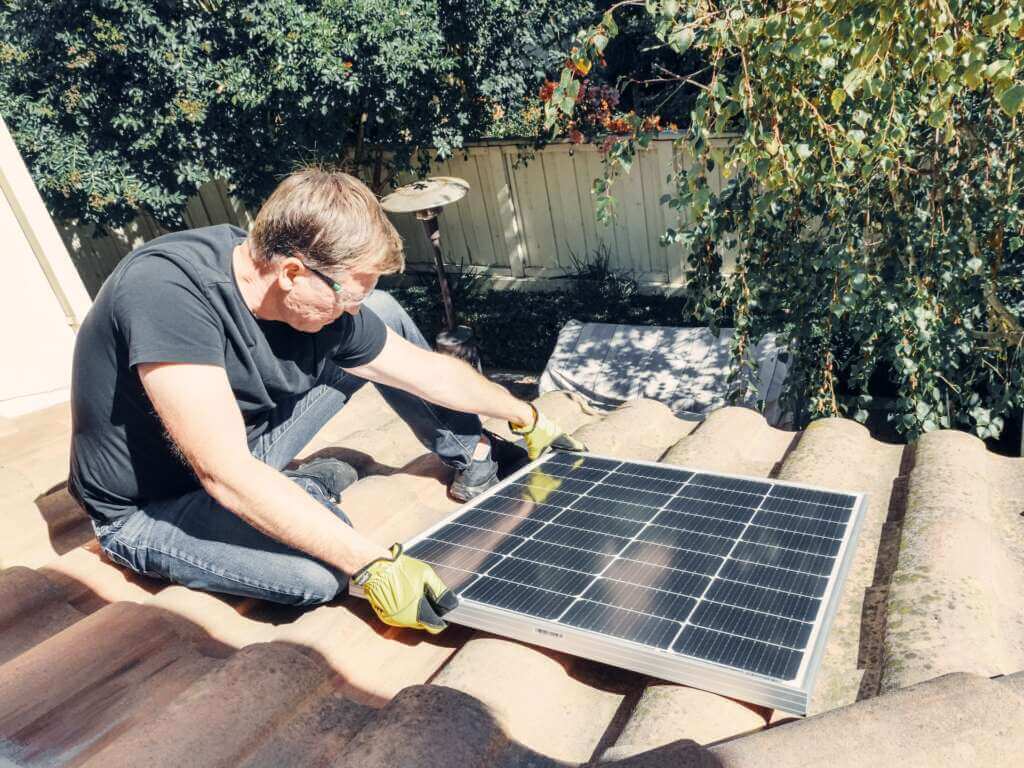
Solar panels are a great way to reduce your carbon footprint and save on your energy bill. Solar panels can also increase the value of your home. If you’re thinking about installing solar panels, this section will teach you how.
do you need a permit to install solar panels?
Installing solar panels may require a permit, depending on your location and the types of panels you want to install. If you’re thinking about adding solar panels to your home, it’s a good idea to check with your local building department first.
Most building departments will require a permit for any type of construction that involves electrical work, and that includes installing solar panels. The permit requirements will vary from one jurisdiction to another, but in most cases, you’ll need to submit a set of detailed plans that show how the solar panels will be installed.
You may also be required to have the plans approved by a licensed engineer or architect. Once the plans are approved, you’ll need to pay a fee and schedule an inspection before you can begin work. The inspection process can add a few days or weeks to the project timeline, so be sure to factor that in when you’re planning your installation.
how much does it cost to install solar panels?
The average cost of solar panels in the United States is around $3 per watt. This means that the average 6 kilowatts (kw) system would cost around $18,000 after solar rebates and incentives. The cost of solar panels has dropped significantly in recent years, making it a more viable option for many homeowners. Solar panels typically have a payback period of 5 to 10 years, making them a good investment for those looking to save money on their energy bills.
conclusion
Based on the findings above, it seems that installing solar panels on your home does indeed increase its value. However, the actual amount of increase will depend on a number of factors, such as the size and location of the solar array, the type of solar panels used, the age of the system, and the real estate market in your area. In general, though, you can expect to see a significant return on investment if you install solar panels on your home.


